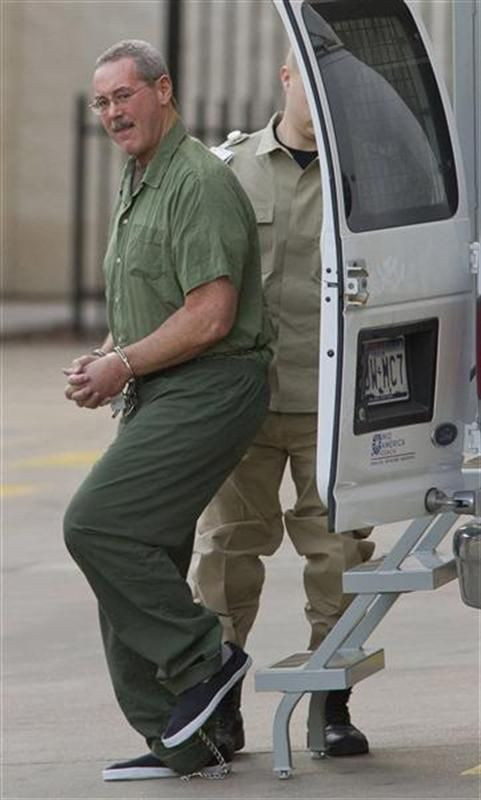Caribbean Bank Regulator Testifies Against Stanford

(Reuters) -- Allen Stanford, charged with a $7 billion Ponzi scheme, sought to have a Antiguan regulator with oversight of his offshore bank dismissed after she rejected a number of the Texas financier's overtures to work together, she testified on Monday.
U.S. prosecutors say Stanford bilked investors in more than 100 countries through the sale of fraudulent certificates of deposit from his offshore bank in Antigua.
"I'm not a yes person," said Althea Crick, who is chairman of the board of Antigua's Financial Services Regulatory Commission.
"I don't rubber stamp," she testified she told Stanford after a 1998 meeting where he asked that she report to him and a local business committee.
Crick described a number of tense meetings and phone calls where she said she stood up to the former billionaire, refusing to let him take part in the regulatory process.
"It reminds me of a saying that we have at home - the rat being put in charge of the cheese," Crick said.
Stanford, who prosecutors said successfully bribed his Antiguan auditor and another island regulator, eventually went to Antigua's prime minister to have Crick dismissed from her job.
Leroy King, who replaced Crick in 2002, is accused of taking thousand of dollars in bribes from Stanford. He was charged as a co-conspirator in 2009. His extradition to the U.S. is on appeal. Crick replaced King in 2009.
The 61-year-old Stanford, who has pleaded not guilty to charges of fraud and conspiracy, is accused of committing the largest white-collar fraud since Bernard Madoff.
Earlier in the day, a former research analyst at Stanford's defunct money management firm testified he was directed by top Stanford deputies to alter investment returns, but said the Texas financier never asked him to do anything illegal.
The ex-analyst, Mark Collinsworth, told jurors in U.S. District Court in Houston that former Stanford executives James Davis and Laura Holt asked him to change returns on investments to positive from negative in 2008 to hide the fact the portfolio was not making money.
Collinsworth said he worked at Stanford Financial Group for 10 years.
"They wanted to show positive numbers for Mr. Stanford for whatever reason," Collinsworth told the jury of five women and 10 men under questioning from Stanford's lawyer, Ali Fazel.
Stanford's lawyers repeatedly have sought to demonstrate to the jury that the former financier was a visionary who left the day-to-day operations of his businesses to other executives such as Davis and Holt.
Holt was chief investment officer at the Stanford office in Memphis, Tennessee. Davis was the firm's chief financial officer and the second-in-command for Stanford's businesses.
Both Holt and Davis have been charged in the alleged Ponzi scheme. Davis pleaded guilty in 2009 and is expected to testify for the prosecution this week. Holt has pleaded not guilty and is expected to go on trial in June.
Davis also hired unqualified people such as his ranch hand and his preacher to be financial analysts in the firm's Memphis office, unbeknownst to Stanford, Collinsworth testified.
Holt married her personal trainer and then gave him money to start a hedge fund that did business with Stanford entities, something Collinsworth described as "double dipping" by sending Stanford business his way.
Attorneys for Holt and Davis did not immediately respond to requests for comment from Reuters.
(Reporting By Anna Driver; editing by Andre Grenon)
© Copyright Thomson Reuters 2024. All rights reserved.





















